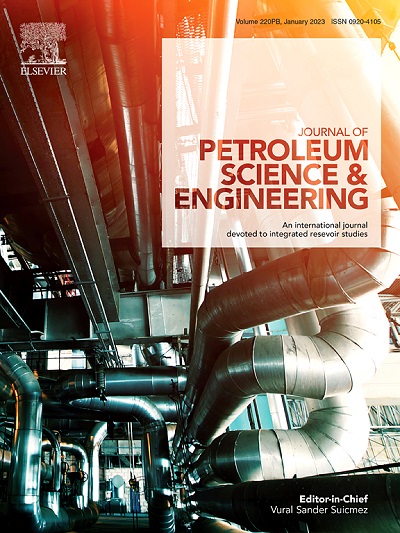An equivalent permeability approach can upscale the discrete fracture network (DFN) model to an equivalent DFN model and significantly reduce the gas flow simulations in a large-scale fractured gas reservoir. Current equivalent permeability prediction models are only applicable to the reservoir with a simple fracture network. However, an equivalent permeability prediction model has not been available for a reservoir with a multiscale discrete fracture network. This study proposes a multiscale convolutional neural network model (called MsNet) and introduces three mainstream structures with high performance convolutional neural network (CNN) (ResNet-18, VGG-16 and GoogLeNet) to efficiently predict the equivalent permeability of a complex multiscale fracture network. These CNN models use both the images and features of DFN as their input and the equivalent permeability as their output. This MsNet model is validated with the simulation results simulated by Lattice Boltzmann method and compared with the three mainstream CNN structures and an existing permeability prediction model (CNN-4). It is found that this MsNet model innovatively considers the multiscale characteristics of DFN by a multiscale convolution feature fusion and combines the residual connection for further performance enhancement. Both DFN dataset and MsNet model structure affect the model prediction ability. A deeper network structure of MsNet model can enhance its prediction ability, but significantly increases training time. The MsNet-8-4 (a MsNet structure with 8 multiscale connection modules and 4 sub-networks in each module) has the least convergence time and the lowest mean absolute error on the test set. It performs obviously better than other four models on the DFN dataset with higher fracture density. The MsNet model can well accelerate the simulation on the gas flow in a complex discrete fracture network.


